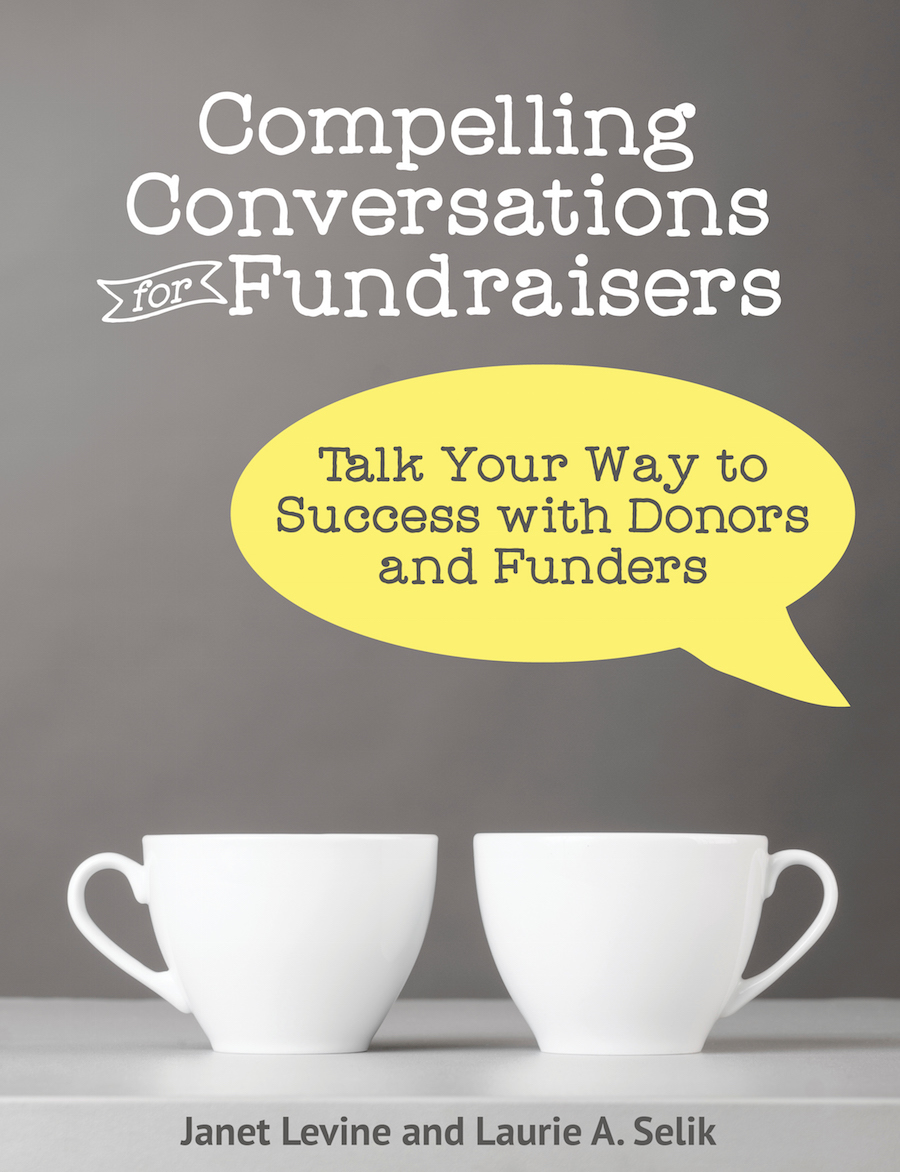Giving the Right Message
A few weeks ago, I had a wisdom tooth and what the surgeon thought was probably an infected cyst removed. Just to be on the save side, he sent the cyst out for biopsy. My follow up appointment was set for a month later. Two weeks after the surgery, the dental office called. “You know that biopsy we asked for? “ the nurse asked, already putting me on alert. “ Well you’re supposed to come back in two weeks but the doctor reviewed the biopsy on Saturday….”
OK, at this point, there is a roaring in my ears and I am thinking about what I’ll look like with half my jaw removed and the hair loss from chemo. I’m not really hearing the rest.
“So, ok?” the nurse asked.
“Ahhh, could you repeat that?”
And she said—finally!—that since the biopsy was fine, there really wasn’t any reason for me to come back.
So why not lead with that information? Wouldn’t it have been better to immediately let me know the important stuff?
Not all conversations, of course, are as fraught as this was. But all have the opportunity that the listener will zone out; start thinking in an entirely different direction than you want them to go or hear something you are not saying.
Therefore, be clear about what you want to accomplish and make sure you are saying what needs to be said.
Years ago, I sold insurance and spent many hours cold calling. My agency had this script they suggested we used that talked about wealth conservation and securing the future. It had a lot of words that didn’t seem to mean much, so I shortened it and simply asked if I could come out and talk with them about their life, health and/or disability insurance.
Who knows if I got more (or less) appointments than my colleagues, but I can honestly say that among my “class (the agents who started when I did)” I made more sales. And I think that was because those who chose to meet with me knew what we were going to talk about and it was something they were interested in pursuing.
A different kind of clarity—or lack thereof—was evident in a call I got a few years ago. An acquaintance and I had been talking about getting together for dinner, but emails weren’t making it happen. So I was pleasantly surprised one evening when she called. “I wanted to make sure we got a date on the calendar,” she said, and I felt really good once we got that done.
And then she said, “While I have you on the phone, I’m at the nonprofit where I am a board member and we are dialing for dollars……”
Steam came out of my ears. Had she really just set up a dinner so she could ask me for a donation? Maybe not, but that was what it felt like and it took a very long time for our acquaintanceship to move forward to another level.
In short, give the right message by being clear about your purpose.
- Lead with the important stuff. “I wanted to get together to…; I’m hoping we can meet so that….; I’m calling because….”
- Don’t bait and switch. Build trust by being clear about your purpose. “Hi, I’m calling you with my fundraising hat on,” will make both you and your friend more comfortable that a call where you chit chat about family and friends before you get to the point.

Janet Levine works with nonprofits, moving them from mired to inspired and helping them to raise more money. Find out more at www.janetlevineconsulting.com. While there, sign up for the monthly newsletter. And now, buy Janet’s new book, Compelling Conversations for Fundraisers, available at Amazon.
